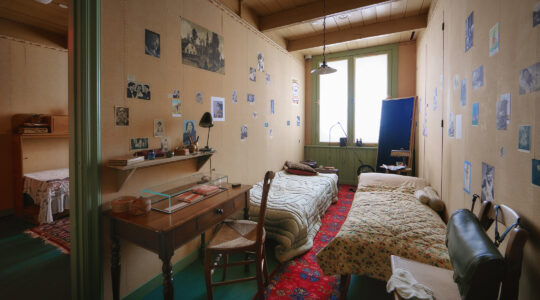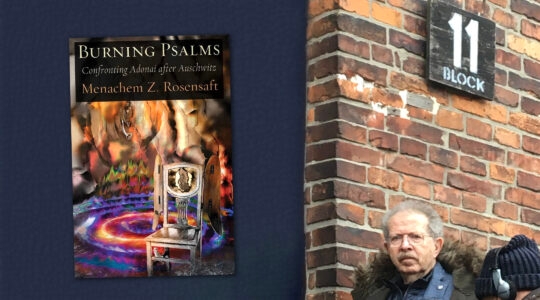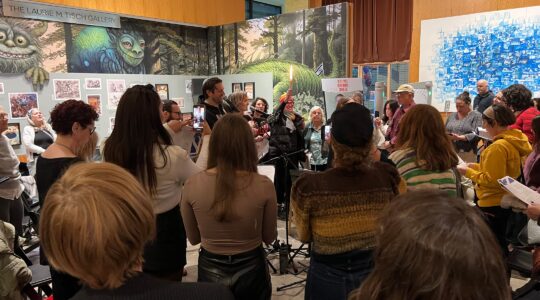They were stars of the new music world, or would soon be. Their inclusion in the 1927 festival in Baden-Baden, Germany, meant great things would happen. In less than a decade, they would all be in the United States, sought by the Nazis, who banned their music.
“Three of the four composers were Jews — Kurt Weill, Darius Milhaud and Ernst Toch,” explains Neil Goren, artistic director and conductor of the Gotham Chamber Opera, who will be conducting a new version of that groundbreaking program, Oct. 23-29, 86 years after the original. “And Paul Hindemith [who was director of the Baden-Baden festival] made a statement in bringing three Jewish composers to the event.”
It was a statement that the rising Nazi Party heard and remembered. But at the time, it was probably the music itself that spoke loudest.
It was, says Paul Curran, who is directing the program, was “a challenge to the middle-class complacency that afflicted Weimar Germany.”
That, Curran says, is one thematic link between the four short operas of which the program consists: Weill’s “Mahagonny Songspiel,” Hindemith’s “Hin und zurück (There and Back),” Milhaud’s “L’enlèvement d’Europe (The Abduction of Europa),” and Toch’s “Die Prinzessin auf der Erbse (The Princess and the Pea).”
The other, he says, are questions as relevant today as before the Great Depression.
“These pieces ask, ‘What is art? How do we view art,’ Curran says, his gentle Scots accent rising to the surface. “Today at rehearsal we had a three-hour discussion about it, and everybody [associated with the production] was in it. I’d like to think that this program creates a context that relates it to the art world. I think of it as a walk through a gallery.”
There is virtually no documentation of what the original production looked like, so Goren and Curran have had a free hand in imaging it anew.
“None of us are old enough to have seen it,” Curran notes with a smile. “There’s very little information.”
Goren interjects, “There are a few pictures of the backdrop, but that’s about all.”
But both men are well versed in the period and they bring that knowledge to the production.
“It was a time of a major surge in jazz, in jazz recording in particular,” Curran says. “And the classical world had to compete.”
Goren adds, “There is a jazzy element in much of this music. Several of these composers are trying to figure out the best way to incorporate jazz elements into their music.”
In a very few years, this music would be labeled “degenerate” by the Nazis and the musical world would be seized by a different, much more dangerous turmoil. For now, though, this would be a time of creative ferment, and one that is well worth recapturing.
“Baden-Baden 1927,” a staged evening of four one-act operas presented by the Gotham Chamber Opera, will take place Oct. 23-29 at the Gerald W. Lynch Theater (524 W. 59th St.). For information go to www.gothamchamberopera.org.
The New York Jewish Week brings you the stories behind the headlines, keeping you connected to Jewish life in New York. Help sustain the reporting you trust by donating today.




